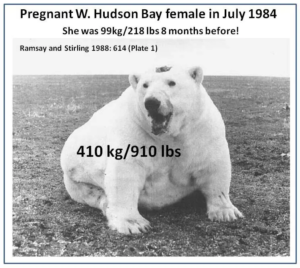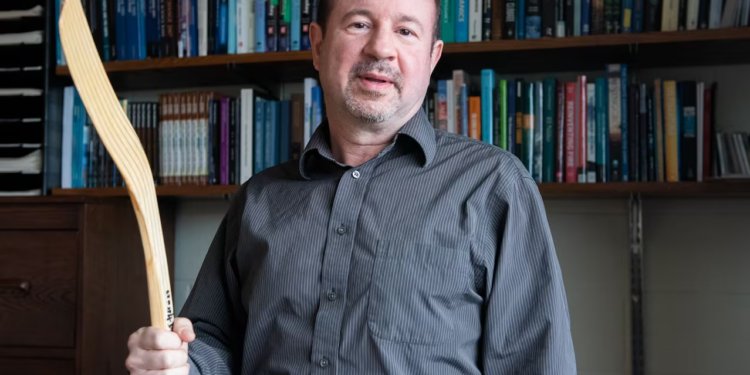by S. Crockford, Feb 13, 2024 in PolarBearScience
Is it a coincidence that a paper reporting the results of a no-news study on polar bears, but which predicts future starvation due to climate change, was published two weeks to the day ahead of a climate change marketing event made up by the activist organization Polar Bears International? I doubt it.
And do I think the high-profile journal Nature Communications would not only agree to publish such a useless bit of propaganda but also rig the timing to advance the climate change emergency narrative? Silly question. And the media worldwide are of course lapping it up, happy for an excuse to promote the perils of climate change, see here, here, and here using images of fat polar bears. Image above is from the BBC headline, 13 February 2024.
They believe this strategy is effective because they think the public is stupid, but they are deluding themselves. Most people are now laughing at their obvious acts of desperation.
Polar bears are highly specialize for consuming large amounts of fat that they get from Arctic seals, whales, and walrus. Only a few vocal researchers outside main-stream polar bear science insist that polar bears could ever survive year-round by eating terrestrial foods (e.g., Ilses et al. 2013; Iverson et al. 2014; Gormezano and Rockwell 2013a,b; Prop et al. 2015; Rogers et al. 2015; Tartu et al. 2016).
…



